DHAKA, June 28 (V7N) – BNP senior leader Salahuddin Ahmed today expressed strong reservations about proposals for a proportional representation (PR) electoral system and the prioritization of local government elections, alleging these moves could be intended to delay or obstruct the upcoming national election.
"Those who are talking about a proportional election system have a motive. Those who want local government elections before the national election also have a motive. Either they want the election to be delayed, or they want no election at all in Bangladesh. This could be their intention," he stated.
Ahmed made these remarks to reporters after attending a memorial event for martyred President Ziaur Rahman and an archive unveiling program organized by the Bangladesh Research Analysis and Information Network (BRAIN) at the International Mother Language Institute Auditorium.
The BNP leader asserted that the people of Bangladesh are united in their demand for the national election to be held in early February next year. "All the democratic people of this country have not struggled for local government elections. We have fought for 17 years for a free, fair and neutral national election. We have lost countless lives to establish our right to vote," he emphasized.
Salahuddin, a BNP Standing Committee Member, highlighted that the sacrifices made by martyrs during the student-led mass uprising reflect a deep desire for a truly democratic state in Bangladesh. He expressed confidence that such a democratic state could be established through a free and fair national election, leading to the formation of a political government.
He reiterated the consensus proposal, conveyed through a joint statement following discussions in London between Chief Adviser Professor Muhammad Yunus and BNP Acting Chairman Tarique Rahman, to hold the national election in the week before Ramadan begins, specifically in the first half of February 2026.
"It will only be effective when the Chief Adviser conveys the message and instructions to the Election Commission through the appropriate process in this regard…When the Chief Adviser’s Office, the Election Commission, or both together inform the nation, only then will we be truly assured that the election will be held at that time," the BNP leader concluded.
Context of Electoral Reform and Election Timing Debates:
Bangladesh's political landscape has been marked by significant debate surrounding electoral reforms and the timing of the next national election, particularly since the formation of the interim government led by Chief Adviser Muhammad Yunus.
Proportional Representation (PR): Bangladesh currently operates under a "first-past-the-post" (FPTP) system for 300 directly elected seats, with 50 reserved for women filled through a form of proportional representation by the elected members. A shift to a full PR system, where seats are allocated based on a party's national vote share, has been discussed by various political parties and stakeholders as a way to ensure more inclusive representation. However, the BNP has consistently opposed a full PR system, preferring the existing FPTP model for direct constituencies.
Local Government Elections vs. National Election: There has been a debate about whether local government elections should precede the national election. Some groups, including Bangladesh Jamaat-e-Islami, have supported holding local polls first to test the Election Commission's capacity for free and fair elections. Conversely, the BNP and other major parties have insisted on prioritizing the national election, arguing that the struggle has been for national-level democracy.
Election Timeline: The timing of the next national election has been a major point of contention. Chief Adviser Yunus had initially hinted at an April 2026 timeline. However, following the high-profile meeting between Professor Yunus and BNP Acting Chairman Tarique Rahman in London, a joint statement indicated a consensus for an earlier election in the first half of February 2026, specifically before Ramadan. The BNP's insistence on this earlier timeline reflects their desire for a swift return to an elected government.
END/MSS/RH/



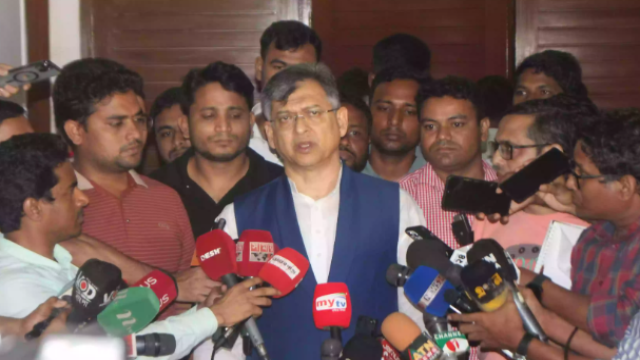
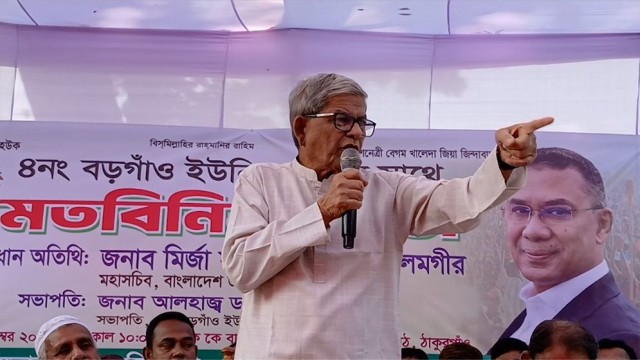
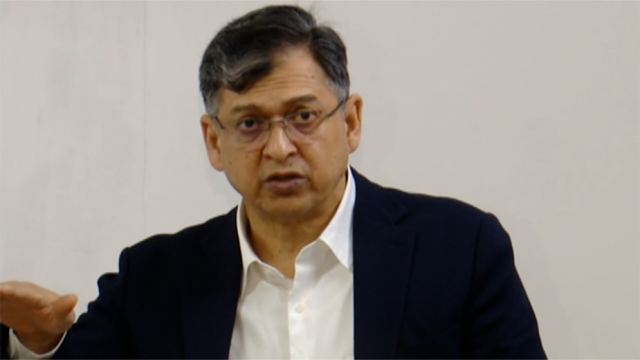
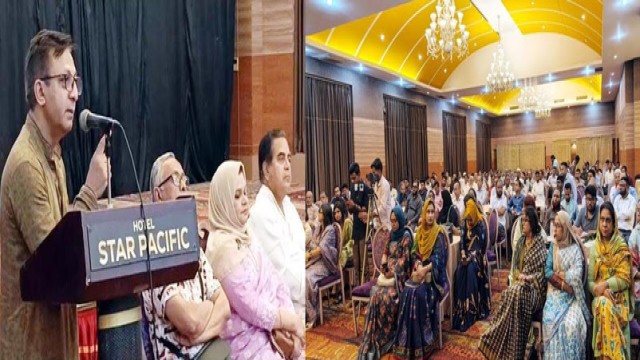
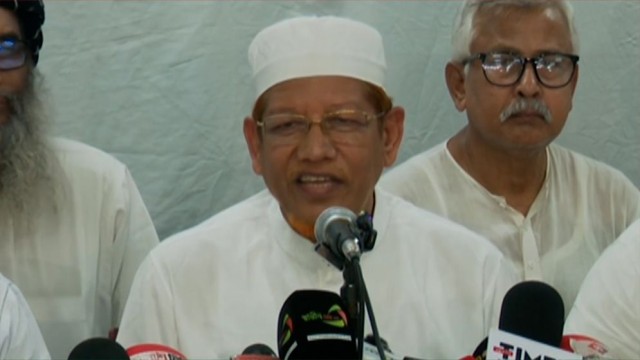
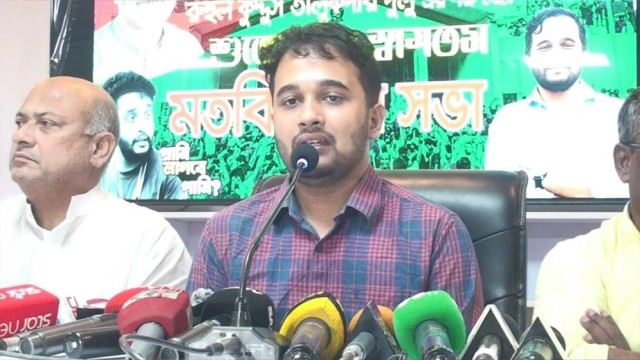
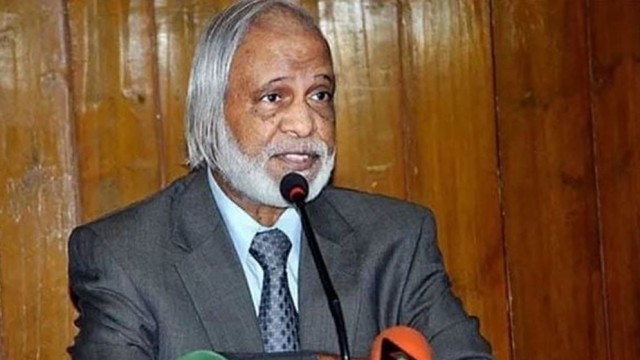
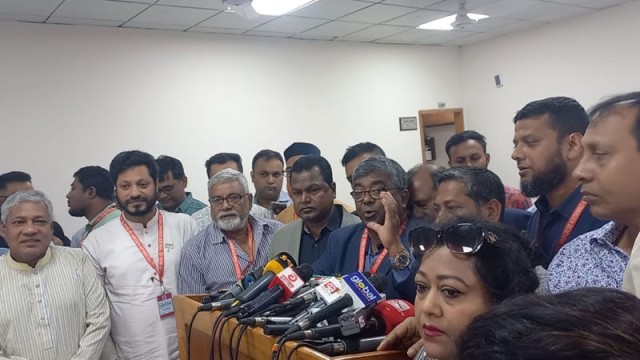
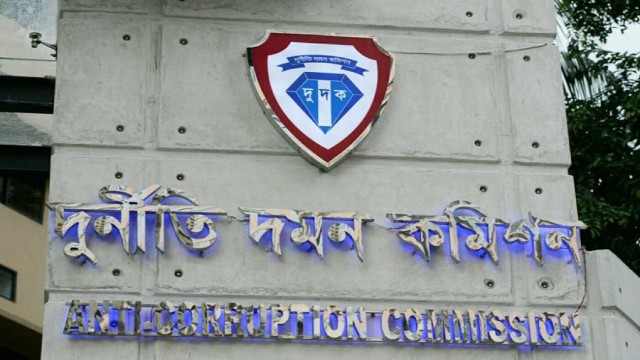
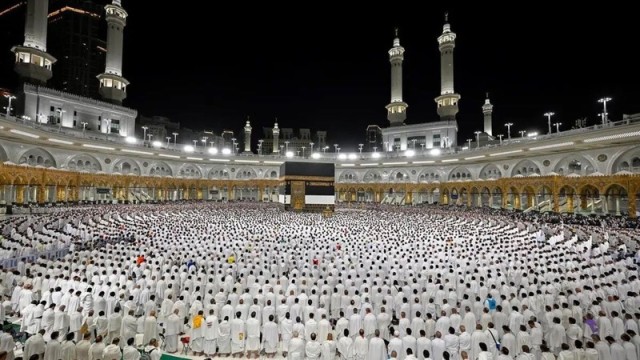
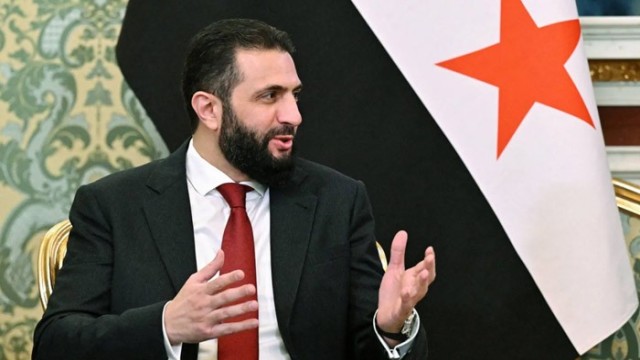
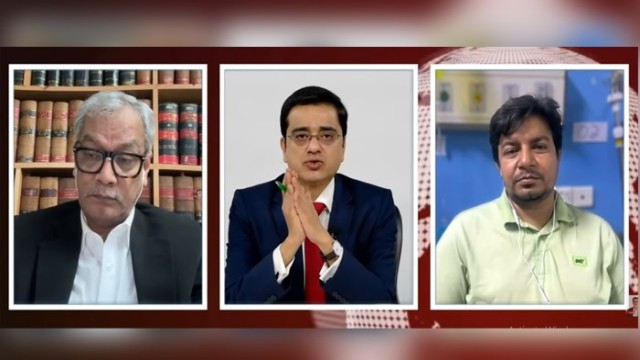

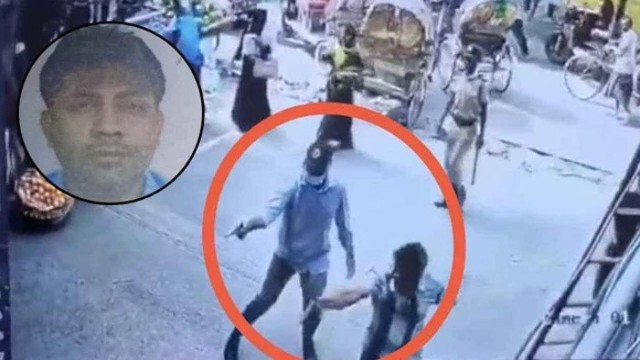
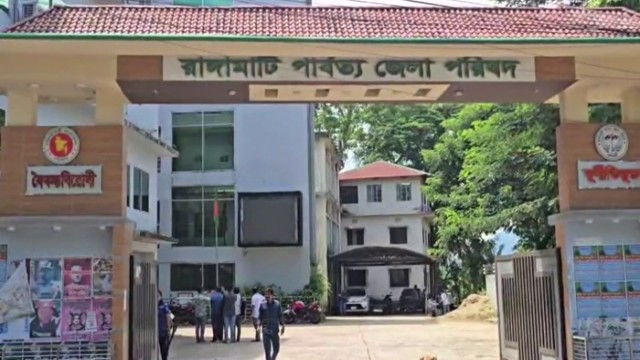
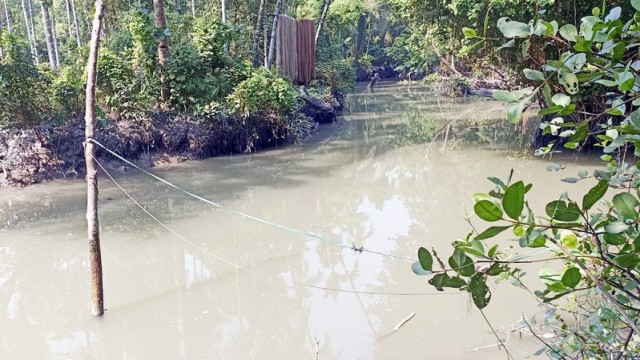
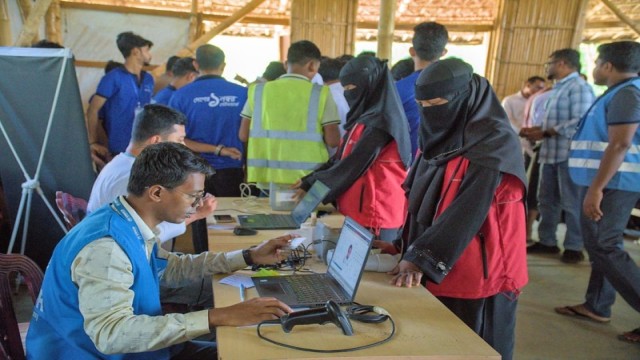

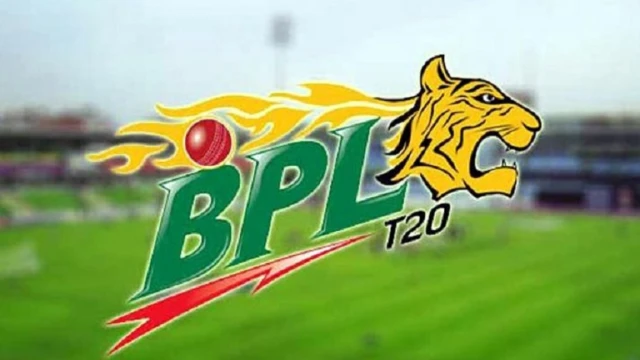
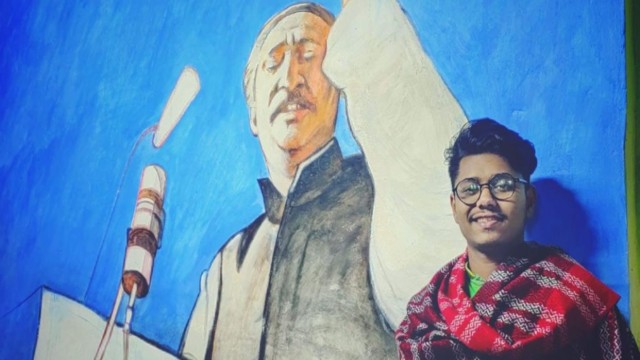
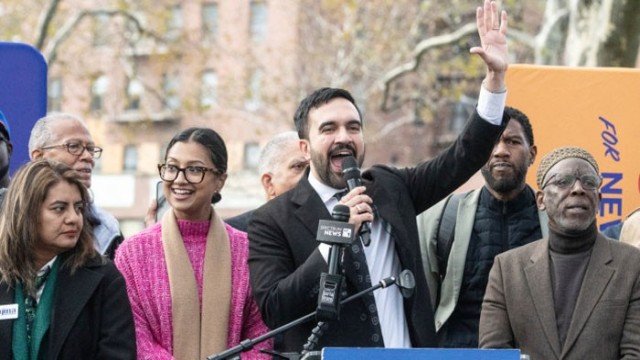
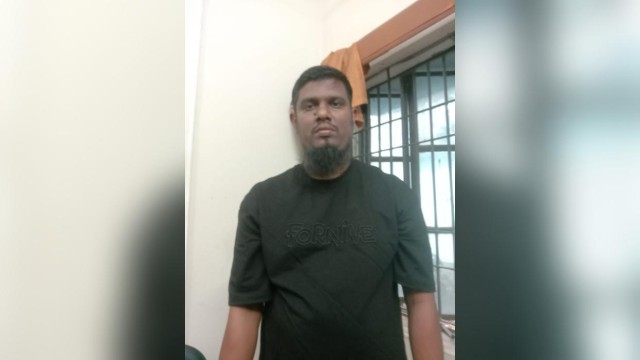
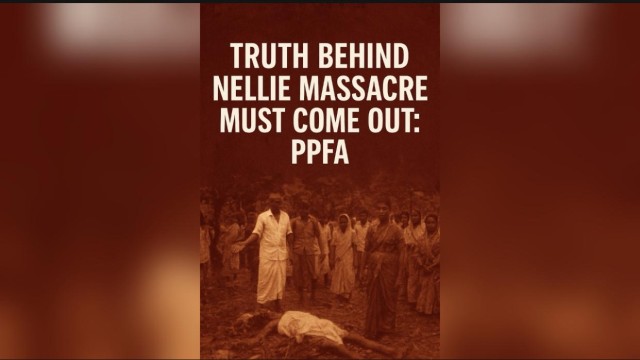

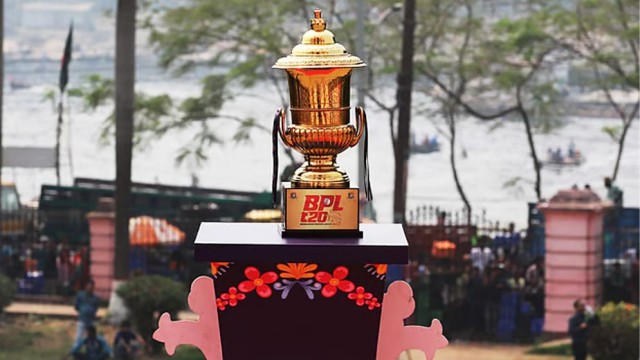

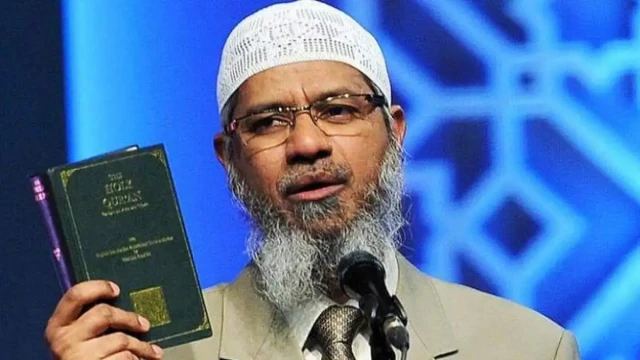
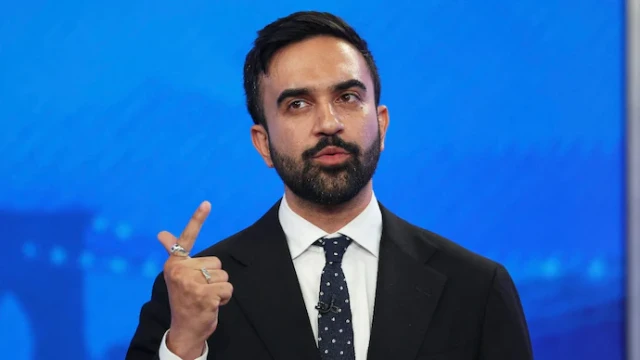
Comment: